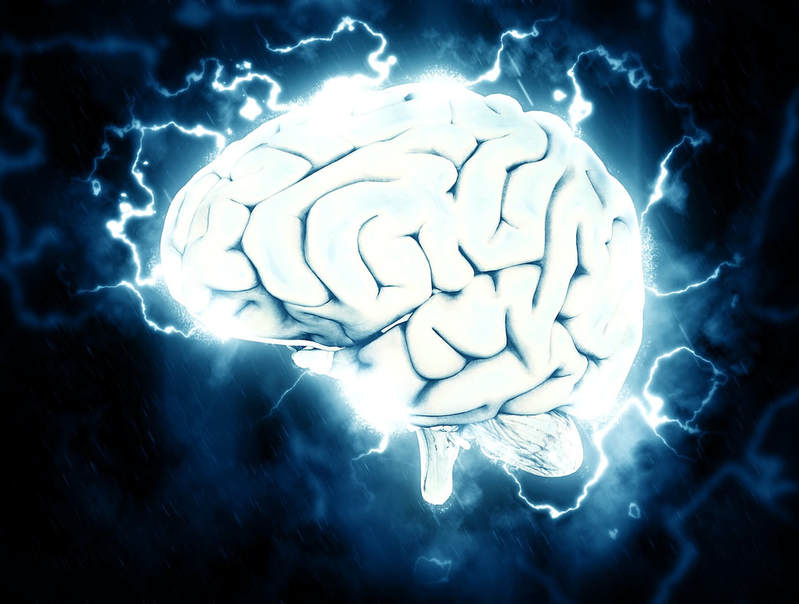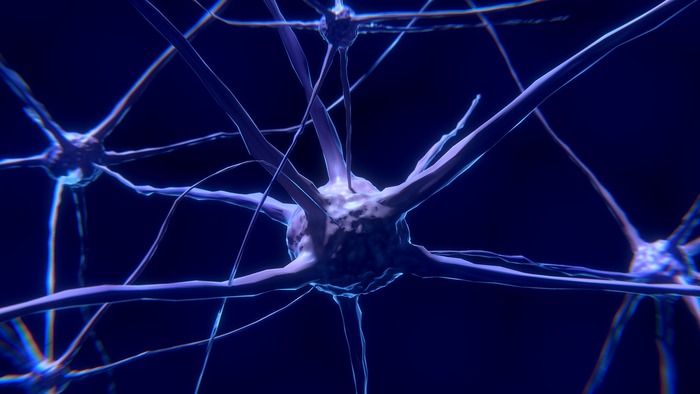Maintaining Homeostasis of the Brain Through Sleep
Sleep is vital to a healthy and productive lifestyle. When the brain is running at full capacity, people remain alert and attentive, allowing them to process events in their lives. Conversely, lack of sleep impairs these functions, causing people to have difficulties with learning, performing well, and reacting to events. In a sleep study done by the Department of Neurosurgery at University of Rochester Medical Center and New York University, Langone Medical Center, researchers sought possible explanations for the restorative ability of sleep and why lack of sleep is so detrimental to brain function.
To provide some background, proteins related to neurodegenerative diseases are present in the interstitial space that surrounds the brain. When people are awake, there is a larger amount of these proteins than when people are asleep. To clear out these interstitial proteins, cerebrospinal fluid (CSF) circulates throughout the brain and exchanges with interstitial fluid (ISF), in a process known as CSF influx. Sleep helps in efficiently clearing out these interstitial proteins, which can become dangerous in large amounts.
Researchers examined the role of the sleep-wake cycle in removing these interstitial proteins and investigated whether brain activity controlled CSF influx. The researchers used two-photon imaging and CSF tracers in live mice to compare CSF influx in the brains of awake, anesthetized, and sleeping mice. Researchers found that the interstitial proteins were cleared faster in sleeping mice than awake mice. In contrast, there was no difference in how fast interstitial proteins were cleared between sleeping and anesthetized mice.
The researchers then studied whether there was a difference in interstitial space volume between awake, anesthetized, and sleeping mice. Using the real-time iontophoretic tetramethylammonium (TMA) method, researchers recorded the interstitial volume fraction from 12 to 2 PM and 8 to 10 PM. From analyzing electrocorticography (ECoG) data from the TMA recordings, they found that the instertital volume fraction was 13-15% in awake mice, whereas, in sleeping or anesthetized mice, the interstitial volume fraction was 22-24%. Thus, in awake mice, constriction in the interstitial space reduces CSF influx.
To provide some background, proteins related to neurodegenerative diseases are present in the interstitial space that surrounds the brain. When people are awake, there is a larger amount of these proteins than when people are asleep. To clear out these interstitial proteins, cerebrospinal fluid (CSF) circulates throughout the brain and exchanges with interstitial fluid (ISF), in a process known as CSF influx. Sleep helps in efficiently clearing out these interstitial proteins, which can become dangerous in large amounts.
Researchers examined the role of the sleep-wake cycle in removing these interstitial proteins and investigated whether brain activity controlled CSF influx. The researchers used two-photon imaging and CSF tracers in live mice to compare CSF influx in the brains of awake, anesthetized, and sleeping mice. Researchers found that the interstitial proteins were cleared faster in sleeping mice than awake mice. In contrast, there was no difference in how fast interstitial proteins were cleared between sleeping and anesthetized mice.
The researchers then studied whether there was a difference in interstitial space volume between awake, anesthetized, and sleeping mice. Using the real-time iontophoretic tetramethylammonium (TMA) method, researchers recorded the interstitial volume fraction from 12 to 2 PM and 8 to 10 PM. From analyzing electrocorticography (ECoG) data from the TMA recordings, they found that the instertital volume fraction was 13-15% in awake mice, whereas, in sleeping or anesthetized mice, the interstitial volume fraction was 22-24%. Thus, in awake mice, constriction in the interstitial space reduces CSF influx.
Image Source: ColiN00B
The researchers also examined the possible causes of changes in the interstitial space volume to further study the role of interstitial space volume in CSF influx efficiency. Researchers found that instead of circadian rhythm, the sleep-wake state controls the volume of the interstitial space and proposed that adrenergic signaling and neurotransmitters, such as norepinephrine, were found to cause changes in brain activity that can affect the size of the interstitial space volume in the awake state.
From these results, the researchers proposed that a potential reason for the restorative ability of sleep is due to the clearance of potential neurotoxins that accumulate in the brain throughout the day. In the sleep state, there is a 60% increase in the interstitial space, which increases CSF influx, allowing for these waste products to be more efficiently removed from the brain in comparison to the awake state. The removal of these products ultimately maintain metabolic homeostasis in the body.
From this study, it can be seen that lack of sleep is seriously damaging over time. Chronic lack of sleep allows for potential neurotoxins in the central nervous system to accumulate without being cleared, resulting in impaired brain function and potential illnesses. Therefore, no matter what people decide to do throughout the day, it is essential to plan the day to get enough rest and sleep to maintain a healthy and productive lifestyle.
From these results, the researchers proposed that a potential reason for the restorative ability of sleep is due to the clearance of potential neurotoxins that accumulate in the brain throughout the day. In the sleep state, there is a 60% increase in the interstitial space, which increases CSF influx, allowing for these waste products to be more efficiently removed from the brain in comparison to the awake state. The removal of these products ultimately maintain metabolic homeostasis in the body.
From this study, it can be seen that lack of sleep is seriously damaging over time. Chronic lack of sleep allows for potential neurotoxins in the central nervous system to accumulate without being cleared, resulting in impaired brain function and potential illnesses. Therefore, no matter what people decide to do throughout the day, it is essential to plan the day to get enough rest and sleep to maintain a healthy and productive lifestyle.
Featured Image Source: TheDigitalArtist
RELATED ARTICLES
|
Vertical Divider
|
Vertical Divider
|
Vertical Divider
|






